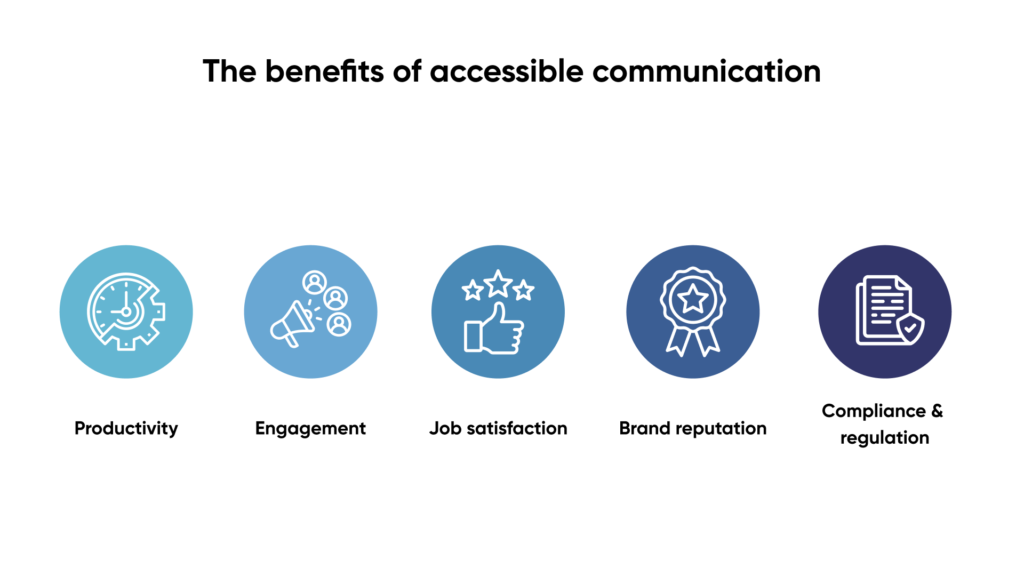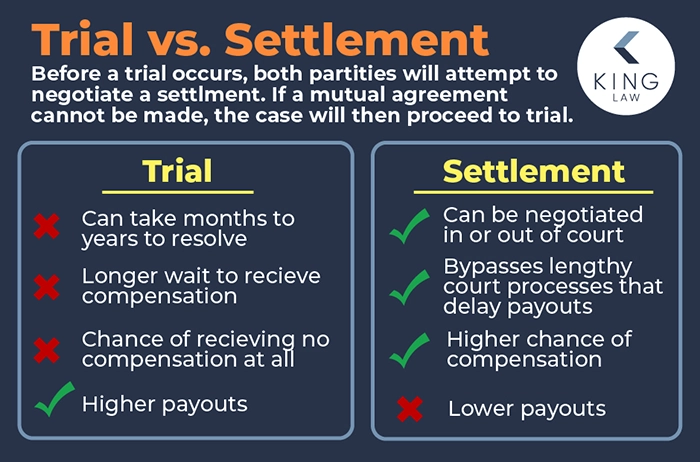Injury Lawyer Near Me: Your Complete Guide
When you’re dealing with the aftermath of an accident or injury, finding the right legal help can feel overwhelming. You might be asking yourself, “How do I find a reliable injury lawyer near me?” or “What should I look for in a personal injury attorney?” Don’t worry—we’ve got you covered. This guide will walk you through everything you need to know about hiring an injury lawyer, from understanding their role to finding the best one in your area.

What Does an Injury Lawyer Do?
An injury lawyer specializes in representing individuals who have been physically or psychologically injured due to someone else’s negligence or wrongdoing. They handle a wide range of cases, from car accidents to workplace injuries, and work to ensure their clients receive fair compensation.
Types of Personal Injury Cases
Personal injury lawyers handle various cases, including:
- Car accidents
- Slip and fall incidents
- Medical malpractice
- Workplace injuries
- Product liability cases
- Dog bites
How Injury Lawyers Help Clients
Injury lawyers provide invaluable support by:
- Negotiating with insurance companies
- Gathering evidence to build a strong case
- Representing clients in court, if necessary
- Ensuring clients receive the maximum compensation for their injuries
Why You Need a Local Injury Lawyer
Hiring a local injury lawyer offers several advantages. They’re familiar with the laws and regulations in your area, and they’re more accessible for meetings and consultations.
Understanding Local Laws and Regulations
Laws vary from state to state, and a local lawyer will have a deep understanding of the rules that apply to your case. For example, they’ll know the statute of limitations for filing a claim in your state.
Accessibility and Communication
Having a lawyer nearby makes it easier to meet in person, discuss your case, and address any concerns. This level of accessibility can make a big difference in the outcome of your case.

How to Find the Best Injury Lawyer Near You
Finding the right injury lawyer doesn’t have to be stressful. Follow these steps to locate a qualified professional in your area.
Researching Local Lawyers
Start by searching online for “injury lawyer near me” or “personal injury attorney in [your city].” Look for lawyers with positive reviews and a strong track record.

Using Online Directories and Reviews
Websites like Google, Yelp, and Avvo can help you find reputable lawyers. Pay attention to client reviews and ratings to gauge their reputation.
Asking for Recommendations
Ask friends, family, or colleagues if they’ve worked with a local injury lawyer. Personal recommendations can be incredibly valuable.
Evaluating Experience and Expertise
When researching lawyers, consider their:
- Years of experience
- Success rate with similar cases
- Specialization in personal injury law
Questions to Ask When Hiring an Injury Lawyer
Before hiring a lawyer, it’s important to ask the right questions to ensure they’re the right fit for your case.
About Their Experience
- How many cases like mine have you handled?
- What were the outcomes of those cases?
Fees and Payment Structure
- Do you work on a contingency fee basis?
- Are there any upfront costs or hidden fees?
What to Expect During Your Case
Understanding the legal process can help you feel more prepared and confident as your case progresses.
Initial Consultation
During your first meeting, the lawyer will:
- Review the details of your case
- Explain your legal options
- Discuss potential outcomes
Gathering Evidence and Building Your Case
Your lawyer will collect evidence, such as:
- Medical records
- Witness statements
- Photos of the accident scene
Settlement vs. Trial
Most personal injury cases are settled out of court. However, if a fair settlement can’t be reached, your case may go to trial.

Common Mistakes to Avoid When Hiring a Lawyer
Avoid these pitfalls to ensure you choose the right injury lawyer for your case.
Choosing Based Solely on Cost
While cost is a factor, it shouldn’t be the only consideration. A cheaper lawyer may lack the experience needed to win your case.
Not Checking Credentials or Reviews
Always verify a lawyer’s credentials and read client reviews to ensure they’re reputable.
Conclusion: Finding the Right Injury Lawyer Near You
Finding the right injury lawyer near you doesn’t have to be a daunting task. By following the steps outlined in this guide, you can locate a qualified professional who will fight for your rights and help you secure the compensation you deserve. Remember, the right lawyer can make all the difference in the outcome of your case.
Table of Contents
FAQ Section
1. What should I look for in an injury lawyer?
Look for experience, a strong track record, and positive client reviews. It’s also important to choose a lawyer who specializes in personal injury cases.
2. How much does it cost to hire an injury lawyer?
Most injury lawyers work on a contingency fee basis, meaning they only get paid if you win your case. Fees typically range from 30% to 40% of the settlement.
3. How long does a personal injury case take?
The duration of a case depends on its complexity. Some cases settle in a few months, while others may take years if they go to trial.
4. Can I handle a personal injury case on my own?
While it’s possible to handle a case on your own, it’s not recommended. An experienced lawyer can help you navigate the legal process and maximize your compensation.
5. What if I can’t afford a lawyer?
Most injury lawyers offer free consultations and work on a contingency fee basis, so you don’t have to pay anything upfront.
6. How do I know if I have a strong case?
A strong case typically involves clear evidence of negligence and significant damages. Consult with a lawyer to evaluate your case.
7. What compensation can I expect from a personal injury case?
Compensation varies depending on the severity of your injuries and the circumstances of the case. It may include medical expenses, lost wages, and pain and suffering.
8. How do I prepare for my first meeting with a lawyer?
Bring any relevant documents, such as medical records, police reports, and photos of the accident. Be ready to discuss the details of your case.